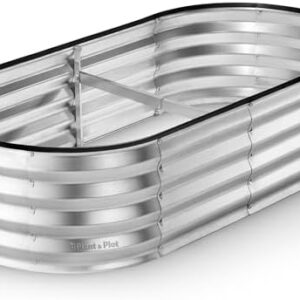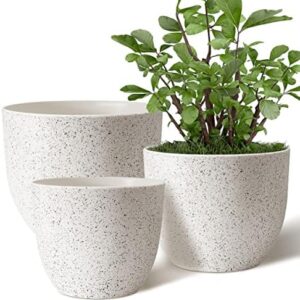So you’ve got some beautiful succulents in your garden, basking in the sun and thriving. But wait, what’s that? It looks like they’re starting to get a little sunburned. Don’t worry, it happens to the best of us (and the best of plants). Sunburn on succulents is a common problem, but there are ways to protect your plants and help them recover.
First and foremost, it’s important to understand why succulents can get sunburned in the first place. Succulents are known for their ability to thrive in hot, dry conditions, but too much direct sunlight can actually be harmful to them. When succulents are exposed to intense sunlight for too long, their cells can become damaged, leading to that telltale sunburned appearance – brown or white spots or patches on their leaves.
So, what can you do to protect your succulents from getting sunburned? The key is in finding the right balance between sunlight exposure and shade. Here are some tips to help your succulents stay happy and healthy in the sun:
1. Consider the location of your succulents: When growing succulents, it’s important to consider where you place them in your garden or home. Some succulents prefer full sun, while others do better in partial shade. If you notice that your plants are starting to get sunburned, consider moving them to a shadier spot where they can still get ample light without being exposed to the harsh afternoon sun.
2. Provide some shade: If moving your succulents isn’t an option, consider providing some shade for them during the hottest part of the day. This can be done by placing a shade cloth or umbrella over your plants, or by planting them near taller plants that can provide some natural shade.
3. Water properly: Proper watering is key to preventing sunburn on succulents. When succulents are well-hydrated, they are better able to withstand the effects of intense sunlight. Be sure to water your succulents regularly, but be careful not to overwater – succulents prefer well-draining soil and can rot if they are kept too wet.
4. Gradually introduce them to sunlight: If you have recently purchased or repotted your succulents, it’s important to gradually introduce them to sunlight. Placing them in direct sunlight too quickly can shock their systems and lead to sunburn. Start by placing them in a spot where they can get indirect sunlight, and slowly move them to a sunnier location over the course of a few weeks.
5. Monitor your plants: Keep a close eye on your succulents and monitor them for any signs of sunburn. If you notice any brown or white spots on their leaves, take action immediately to protect them from further damage.
If your succulents do end up getting sunburned, don’t panic – there are ways to help them recover. Here are some tips for treating sunburned succulents:
1. Move them to a shadier spot: If your succulents are already showing signs of sunburn, the first step is to move them to a shadier location to prevent further damage. Give them some time to recover and adjust to their new environment.
2. Trim off damaged leaves: If the sunburned areas on your succulents are extensive, you may need to trim off the damaged leaves. Use clean, sharp scissors to carefully cut away any brown or white spots, being careful not to damage the healthy parts of the plant.
3. Provide extra moisture: After trimming off the damaged leaves, give your succulents a little extra water to help them recover. Be sure to water them lightly and allow the soil to dry out between waterings to prevent rot.
4. Add a protective barrier: If your succulents are in a spot where they are prone to getting sunburned, consider adding a protective barrier to shield them from the sun’s rays. This can be a shade cloth, umbrella, or even a larger plant that can provide some natural shade.
By following these tips and taking good care of your succulents, you can help protect them from sunburn and keep them happy and healthy. Remember, a little bit of sun is good for your plants, but too much can be harmful – finding the right balance is key. So go ahead, enjoy the sunshine with your succulents, but remember to keep an eye on them and provide them with the care they need to thrive.






